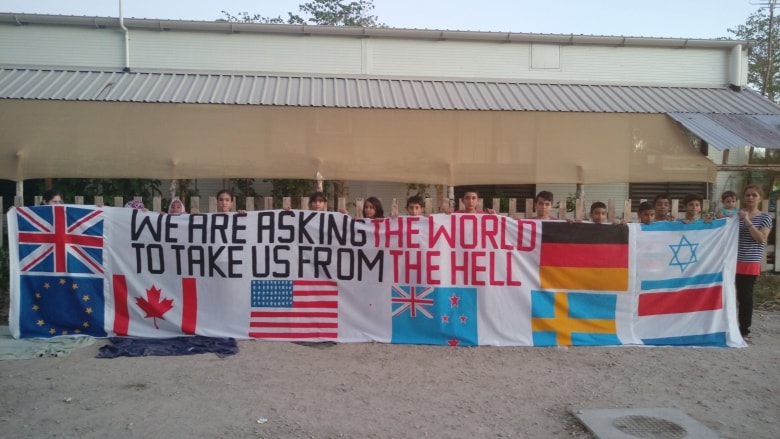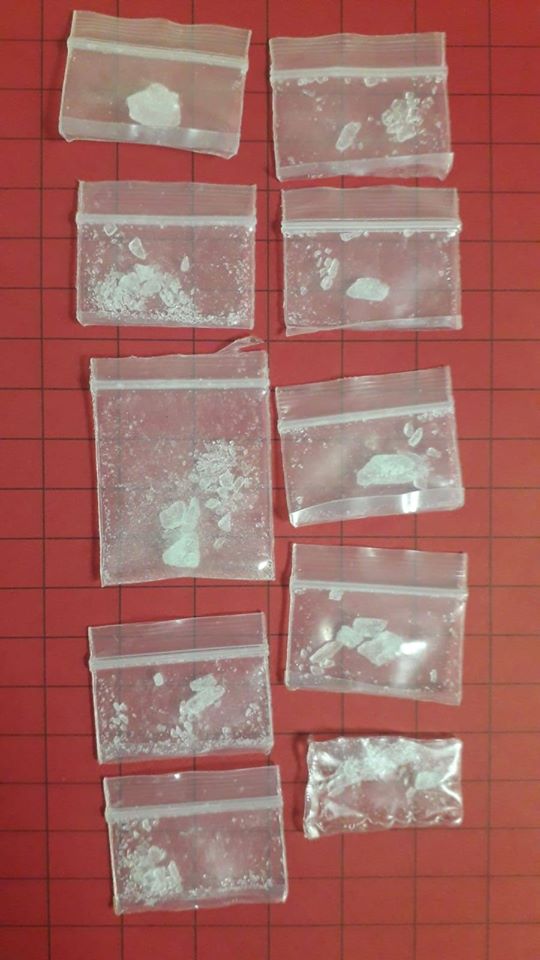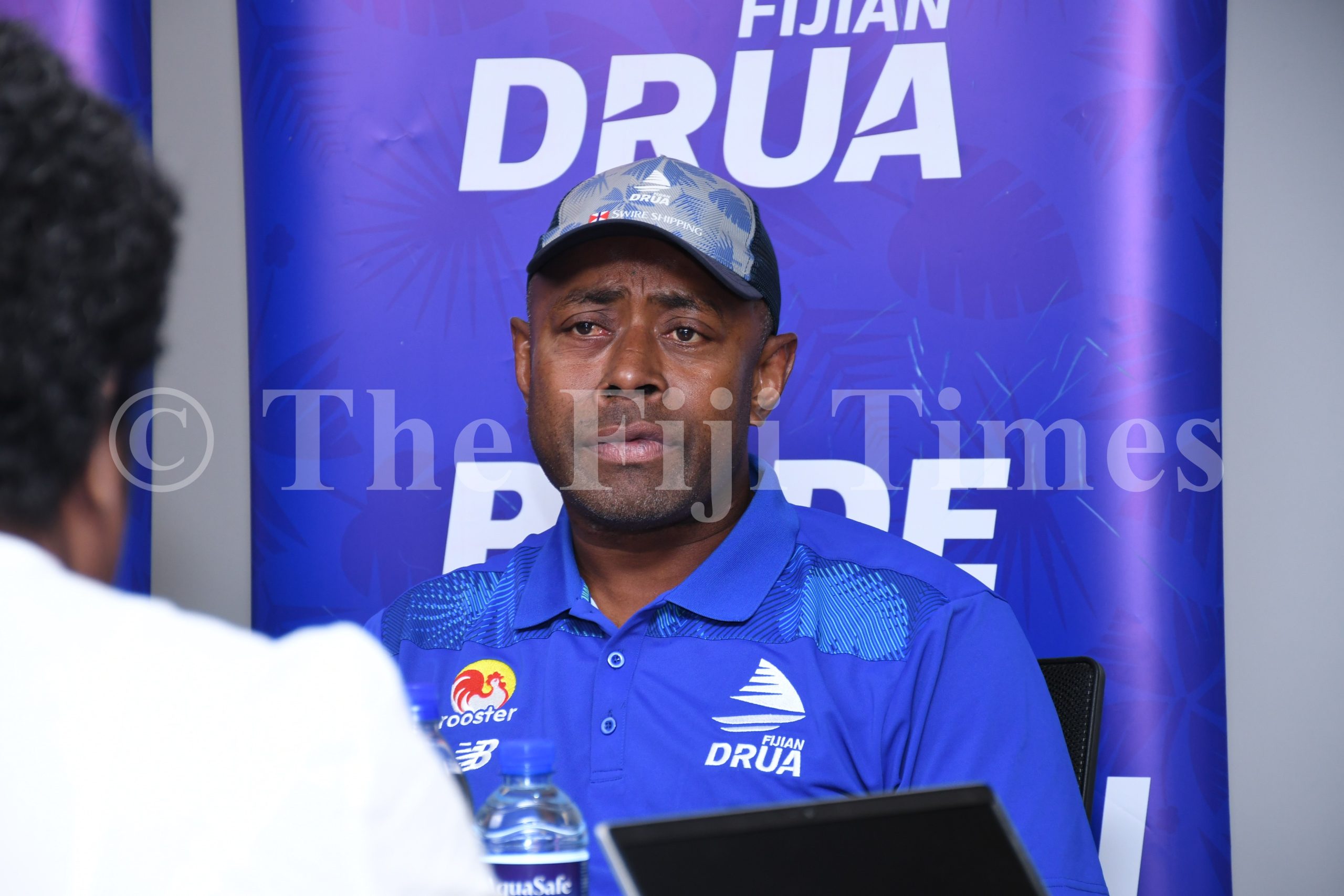VANCOUVER, 07 AUGUST 2018 (CBC NEWS) – Asylum seekers detained on a tiny island nation in Micronesia are pleading with the Trudeau government to resettle them in Canada.
The group representing 560 people, including more than 140 children, sent letters July 16 to Prime Minister Justin Trudeau and Immigration Minister Ahmed Hussen, asking for help. They include a petition with 185 signatures.
“We heard that the Canadian government has taken a humanitarian policy on refugees and has made special arrangements when Syrian refugees needed safety,” says the letter, sent to CBC News by Mehdi Nasiri, one of the asylum seekers.
“We are desperate for help and a safe future. We are appealing to you, to do anything you can to help us, and for the Canadian government to consider resettling us from Nauru.”
Nasiri says he and his wife tried to enter Australia from Iran in 2013 because of religious persecution after he converted to Christianity from Islam.
They were sent to the island nation of Nauru about 4,000 kilometres from Sydney.
More than 3,000 refugees and asylum seekers have been forcibly transferred by Australia to facilities in Papua New Guinea and Nauru since the introduction of its current “offshore processing” policy in 2013.
Nauru is where families, unaccompanied women and children are detained. Unaccompanied men are sent to Manus Island, part of Papua New Guinea.
“After five years of living here the main problem is about our future, because the government of Australia using us as political matters and playing with our life and future,” Nasiri said.
Nasiri and his group received an email response to their letter from Hussen’s office Friday, from F. Macmillan of the Ministerial Enquiries Division. A spokesperson from Hussen’s office confirmed it was an official response.
In it, Macmillan wrote Immigration, Refugees and Citizenship Canada (IRCC) is aware of the situation faced by refugees residing on Nauru and Manus.
“The plight of refugees is a top humanitarian concern for Canada,” Macmillan wrote in the email.
“The Government of Canada is actively engaged in providing international assistance and protection to refugees around the world; in 2018, Canada will resettle 27,000 refugees, including government-supported and privately sponsored refugees.”
Macmillan goes on to say that Canada believes that all states who signed the 1951 Refugee Convention should meet their international legal obligations with respect to refugee protection — and that Canada is involved in discussions with the Australian government.
“While a small number of cases have been assisted through the Private Sponsorship of Refugees Programme, at the present time, Canada is not in a position to resettle government-supported refugees from these islands. IRCC has and continues to actively monitor the ongoing situation in recognition of the vulnerabilities faced by refugees on Nauru and Manus Islands,” Macmillan wrote. “I regret that a more positive reply cannot be provided.”
Nasiri was disappointed.
“We [need] more generosity from your government. We are really hopeless and need hope for ourselves,” he told CBC News.
“We would like to ask people in Canada to be our private sponsor [so] we can release from this suffering.”
The group sent a similar letter to the government of New Zealand last month, but then-acting prime minister Winston Peters said he would not bypass Australia to deal with them directly.
The group then decided to approach Canada, in part because of tweets by Trudeau in 2017, Nasiri said.
“We would like to ask the PM according to this news and his attitude about refugees to help us go out of this situation after five years of suffering,” he said.
They were also urged to consider Canada by a lawyer in Papua New Guinea.
The appeal from these asylum seekers doesn’t surprise federal NDP immigration critic Jenny Kwan.
“The Prime Minister has tweeted out a message of hope to refugees in the face of the Trump administration’s announcement of the travel ban targeting Muslim communities,” she said in an email statement.
“It seems that the person who wrote to the Prime Minister and the Minister of Immigration is reacting to this message. The reality is that Trudeau’s words rings hollow as he has yet to match his words with real action.”
Kwan said, “Canada was a beacon of hope to refugees with the Syrian refugee initiative resulting from images of the Alan Kurdi tragedy, but after this one time lift in the refugee resettlement numbers, Canada has reduced the Government Assisted Refugee targets back to 7,600 only and has put a cap on the privately-sponsored stream even though there are more Canadians who are ready, willing and able to help privately sponsor additional refugees.”
Some of the asylum seekers have been able to go to the United States, which has agreed to resettle up to 1,250 people from Nauru and Manus islands.
However, U.S. President Donald Trump has banned migrants from five majority Muslim countries — Iran, Iraq, Somalia, Sudan and Syria. Nearly half of Australia’s exiles come from those nations.
The UN refugee agency (UNHCR) has been warning of a looming humanitarian crisis on the islands for nearly a year.
After a visit to Manus Island in July, the agency concluded the lack of resettlement options was putting refugees at risk.
“UNHCR is appalled by the conditions in Nauru and continues to urge Australia to take responsibility to protect these refugees in dignity,” said Jean-Nicolas Beuze, UNHCR Representative in Canada, in an email.
“Any long term solution, including agreements with other States, should continue to recognize Australia’s ultimate responsibility in this regard.”
Globally, an estimated 65 million people have been forced to flee their homes because of conflict, persecution and disaster. More than 22 million are recognised as refugees. Half of those are children.






